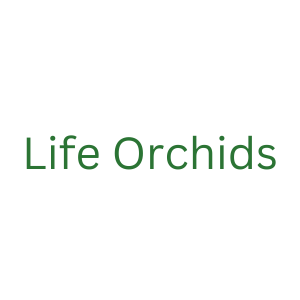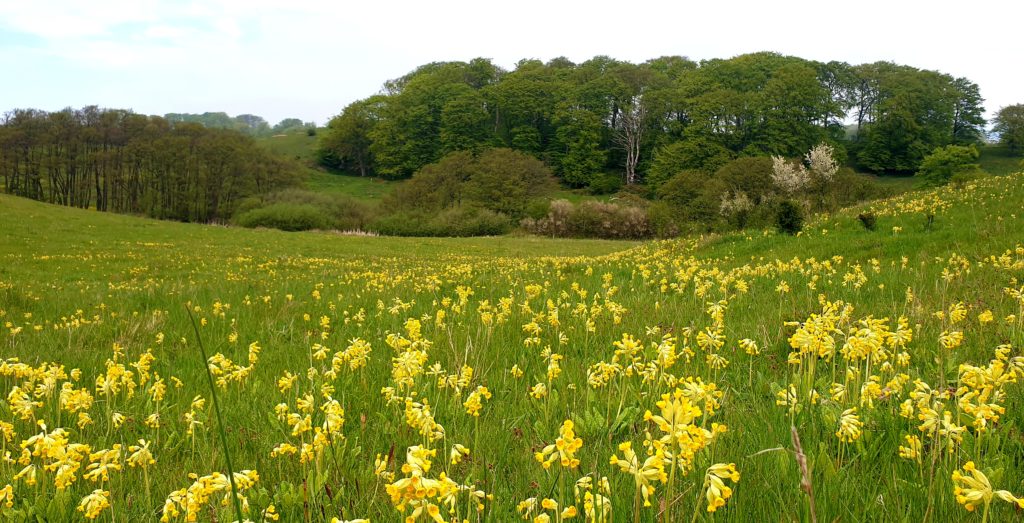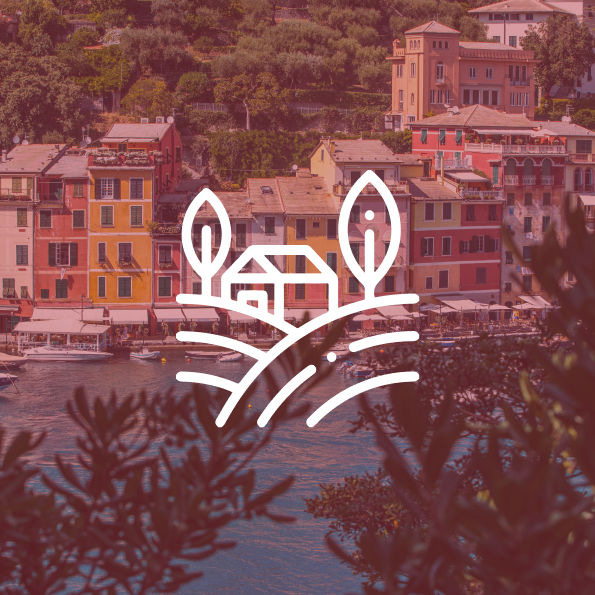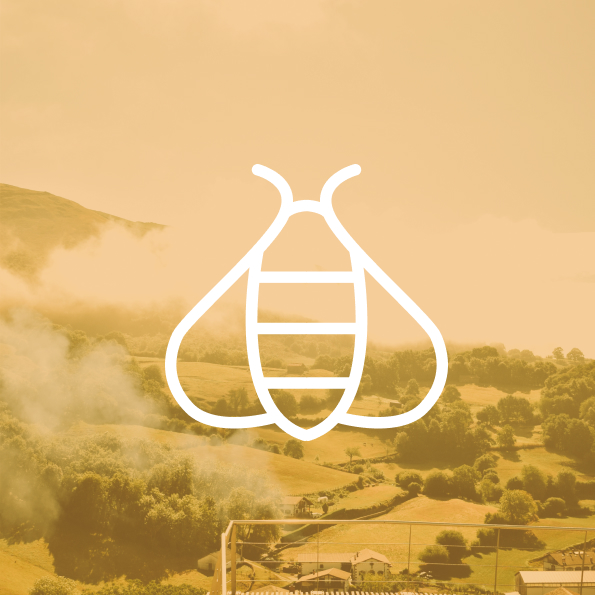
Life Orchids
Restore and connect existing and new EU Priority dry grasslands to secure favorable conservation status of habitat types and species (orchids, butterflies, and pollinators)
The LIFE ORCHIDS project is situated in the most important Danish Natura 2000 site regarding EU priority calcareous dry grassland habitats with 17 % of the overall national area. Reduction of habitat connectivity, modification of hydrology, overgrowth and lack of appropriate grazing are some of the most important threats to dry grasslands, which the project addresses.
LIFE ORCHIDS will via study tours, interactive workshops, white papers and toolkits bring landowners, nature conservationists and policy makers together to promote private land conservation at the local, national and European level. Several international and national networking and replication activities will secure a wider uptake of the project results.
- The project will permanently consolidate dry grasslands with ecological corridors, by restoring new EU priority dry grasslands on former arable land and forest plantations, and by conserving existing EU priority dry grasslands. 9,4 ha habitat forest will also be designated as untouched forest. The project will also investigate to implement a clause on the Klintholm Estate site to permanently protect the new habitats by implementing innovative private land conservation tools.
- The planned habitat improvements will include e.g. topsoil removal, harvest and sowing of nature seeds on former arable land, turf transplantation, use of Rhinanthus to reduce unwanted grasses, re-establishing natural hydrology, bringing back structures on the dry grasslands e.g. stones, counteract overgrowth, fight invasive alien species (IAS) and arrange a year-round multispecies grazing regime with cattle, Exmoor ponies and goats.
- A volunteering group will work with spot management on 13 locations with 5 Red Listed orchids and thereby increase the orchid populations and contribute to favourable conservation status in forest habitats. ELO will secure a significant multiplication of impact in the EU by increasing know-how among professionals, making nature-friendly land use more accessible to European private landowners, and awareness-raising targeting the public and policy makers.



